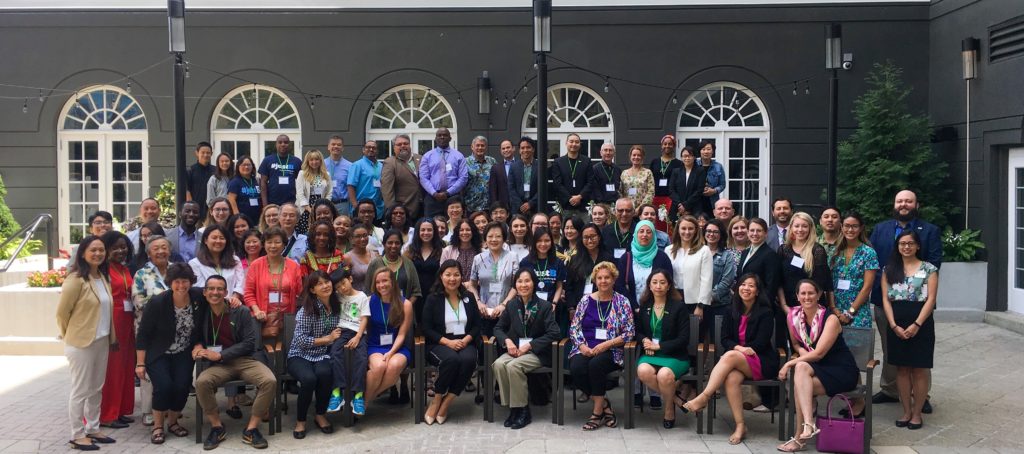Cross-posted from HHS.gov Hepatitis Blog
While the United States is taking action to address recent spikes in acute viral hepatitis infections around the country, we must not forget the more than 2 million Americans living with chronic hepatitis B, over half unaware of their infection and at risk of developing liver disease, including liver cancer. Communities at risk of chronic hepatitis B infection are often the most vulnerable and face barriers to health care access including language, cultural, transportation, housing, and other social resource needs. There is a lot to learn from partners across the nation that can be useful when adapted to other communities.
What is Hep B United?
Recognizing the gaps in coordinated hepatitis B education, prevention, and linkage to care efforts, the Hep B United coalition was established in 2011 by the Hepatitis B Foundation and the Association of Asian Pacific Community Health Organizations (AAPCHO) to provide a community network for sharing best practices, resources, and capacity building. Hep B United is a national coalition of over 40 national and community-based hepatitis B organizations in 31 cities, 21 states and the District of Columbia. The coalition is dedicated to reducing the health disparities associated with hepatitis B by increasing awareness, screening, vaccination, and linkage to care for high-risk communities.
How is Hep B United working toward hepatitis elimination?
From Mississippi to Ohio to California, local community coalitions comprised of health and social service organizations, local businesses, academic research institutions, federally qualified health centers, local and state health departments, student organizations, and others are working to:
- “find the missing millions” living with chronic hepatitis B in the United States;
- ensure that they are able to access sustainable medical care for their hepatitis B; and
- prevent the next generations from becoming infected.

Since the coalition was founded, Hep B United coalition partners have held over 72,000 hepatitis B education sessions and screened over 20,000 high-risk individuals each year. Strategies include reaching Asian American, faith-based, and other community leaders to hold community-based hepatitis B education and testing events, improving coordination of care within federally qualified health centers to prevent perinatal hepatitis B transmission, and implementing a high school hepatitis B education curriculum to increase awareness among students and parents. Effective strategies are shared with the coalition, so that they can be replicated and scaled-up to further their impact.
An effective strategy in reaching populations at high risk for hepatitis B infection has been through ethnic media outreach. Hep B United partnered with the CDC to launch Know Hepatitis B, a national communications campaign promoting hepatitis B testing among Asian American, Pacific Islander, African and other highly impacted communities. Campaign materials including fact sheets, posters, customizable flyers, infographics, and PSAs, are available in multiple languages and free to download. In 2020, the campaign released two new public service announcements available in English, Mandarin, Vietnamese, and Korean.
How can others benefit from or get involved in Hep B United’s work?
Patients, family members, or service providers can connect with their local Hep B United community coalition to access in-language educational resources, find hepatitis B testing events, patient navigation services, and access to culturally and linguistically competent health care. Organizations interested in forming a local hepatitis B coalition or accessing technical assistance for developing hepatitis B education and testing programs can contact Hep B United for mentorship and capacity building assistance.
As the largest collaborative voice representing communities impacted by hepatitis B, Hep B United is working to ensure the United States is making progress towards the elimination of hepatitis B. For more information about Hep B United, including a list of local and state partners, visit the coalition’s website at www.hepbunited.org.
To learn more about hepatitis elimination efforts in the United States, visit Mapping Hepatitis Elimination in Action.
